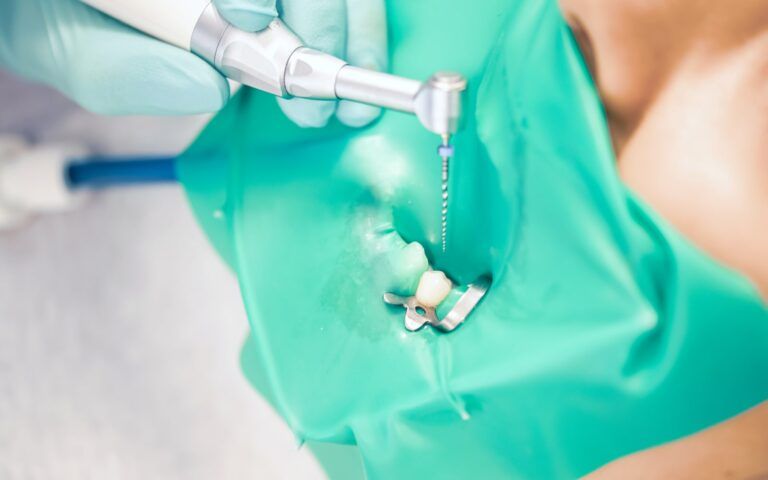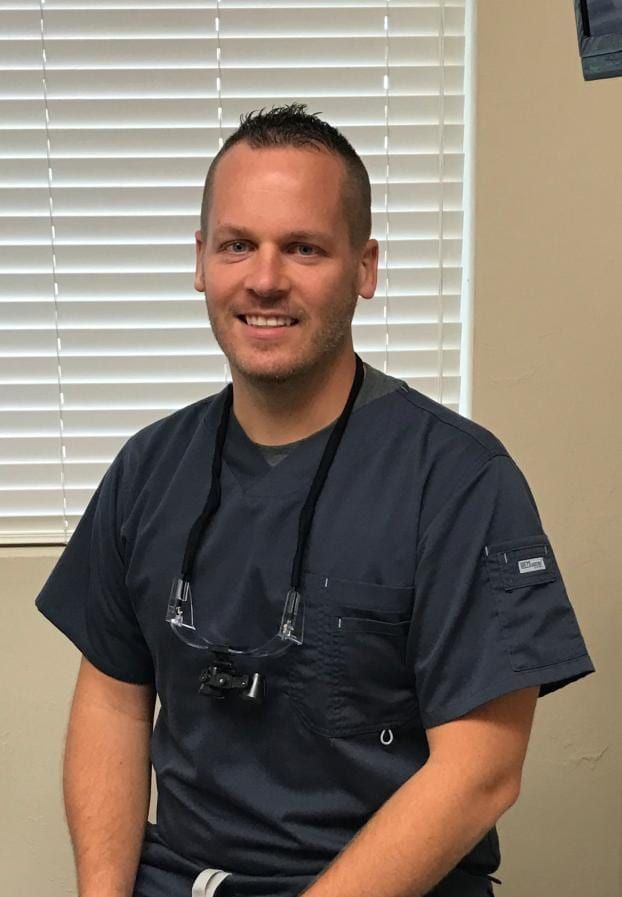In endodontic treatments, irrigation is a process of flushing out decay, infection, and debris in the teeth. It is an essential part of any treatment process that involves working with the inner pulp of the tooth, and there are multiple elements involved in irrigation that make it successful. In the past, rotary instruments and water picks have been the go-to irrigation system for years, but with the innovation of these techniques over time, modern solutions have helped many dentists handle complex irrigation problems and ensure a higher chance of success for patients.
The Requirements Behind Today’s Irrigation Agents
The purpose of irrigation is to completely remove the bacteria and debris within the root canal as much as possible, and because of the way dentistry works today, there are multiple types of irrigation systems that can be used to disinfect the area and prepare it for treatment. However, there are many factors involved that irrigation systems need to be successful:
- First, they need to be both non-allergenic and non-toxic to the point that they will not affect the patient.
- They also needed to have an antimicrobial and be extremely effective at dissolving the remaining pulp endotoxins.
- Finally, they also had to be effective at preventing the formation of new bacteria.
The Modern Agents Used In Today’s Irrigation
Through intense studies, there are chemical agents used in irrigation systems that are able to meet the majority of these requirements. These agents include:
- NaOCL: Also known as sodium hypochlorite, NaOCL has the ability to destroy bacteria and eliminate pulp tissue to clean out the treatment site. However, the potential drawback is its inability to differentiate between necrotic tissue and living tissue, meaning dentists need to provide extra care and consideration when using this agent.
- EDTA: Ethylenediaminetetraacetic acid, or EDTA for short, is often used together with NaOCL as an assistant or secondary agent for eliminating demineralized calcium and dentin. It is also known to be an effective lubricant and is regularly applied for removing tartar and plaque within the root’s canals.
- CHX: Chlorhexidine gluconate, abbreviated as CHX, is an antiseptic that works to rupture the cell walls of bacteria, killing those cells instantly. CHX has the ability to bind to dentin and can protect the tooth against bacteria for months. However, it also lacks the ability to remove necrotic pulp and biofilms like plaque and tartar, which means it’s only used as a second staging point in the irrigation procedure and interacts poorly with NaOCL.
All three of these agents are essential in the irrigation process, and all have their benefits in providing patients with the best outlook possible for their teeth. If you would like to learn more about these agents for an upcoming procedure or wish to be an engaged patient, then speak to your dentist about what else is involved in receiving a root canal and start by calling for a consultation with them today! By calling them, you can learn more about dentistry while caring for your teeth.


